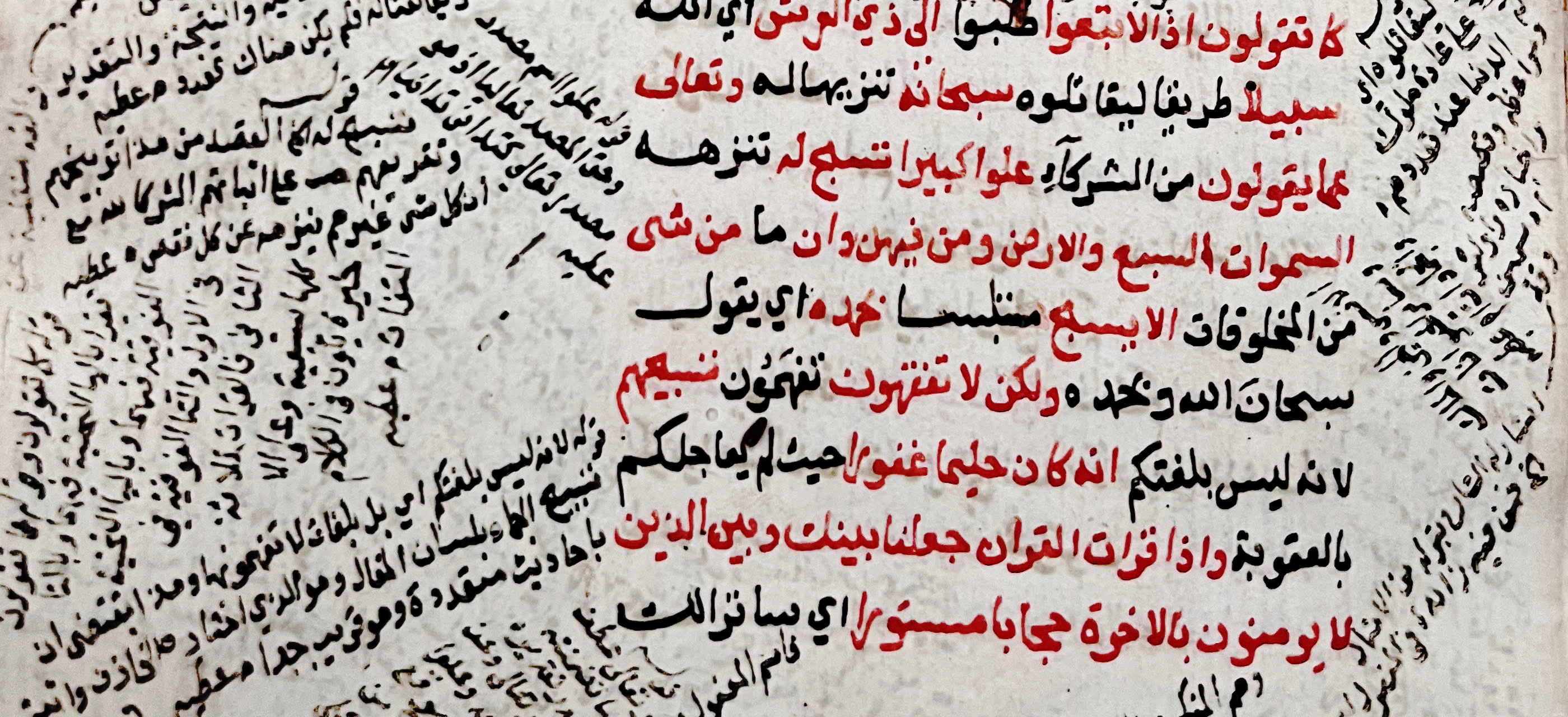A Second “Fashoda”? Britain, India, and a French “Threat” in Oman at the End of the Nineteenth Century
Contenu
- Titre
- A Second “Fashoda”? Britain, India, and a French “Threat” in Oman at the End of the Nineteenth Century
- Créateur
- Crouzet, Guillemette Voir tous les contenus avec cette valeur
- Date
- 2019
- Dans
- British and French Colonialism in Africa, Asia and the Middle East: Connected Empires across the Eighteenth to the Twentieth Centuries Voir tous les contenus avec cette valeur
- Résumé
- In the 1890s, France made a “comeback” in Oman and in the Western Indian Ocean that took various forms: the “Muscat French dhows” in the Western Indian Ocean and the Muscat coaling station manifest this renewed French imperialism. However, this reiterated French presence in Oman was a source of growing tensions between France and Britain just as London and Paris had begun the negotiations for the signature of the Entente Cordiale. This chapter highlights an episode that challenged the Franco-British rapprochement: the coaling-station affair. This chapter argues that this affair almost led to a new “Fashoda” in the sea of Oman. Resolved at France’s expense, this affair stands as an illustration of the strategic importance of Oman and the Gulf during the age of New Imperialism and of British India’s political autonomy from London.
- Editeur
- Springer International Publishing Voir tous les contenus avec cette valeur
- Place
- Cham
- Langue
- eng
- rédacteur
- Fichter, James R. Voir tous les contenus avec cette valeur
- pages
- 131-150
- ISBN
- 978-3-319-97964-9
Crouzet, Guillemette, “A Second “Fashoda”? Britain, India, and a French “Threat” in Oman at the End of the Nineteenth Century”, Springer International Publishing, 2019, bibliographie, consulté le 5 février 2025, https://ibadica.org/s/bibliographie/item/23586
Position : 2427 (32 vues)

